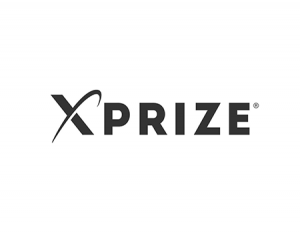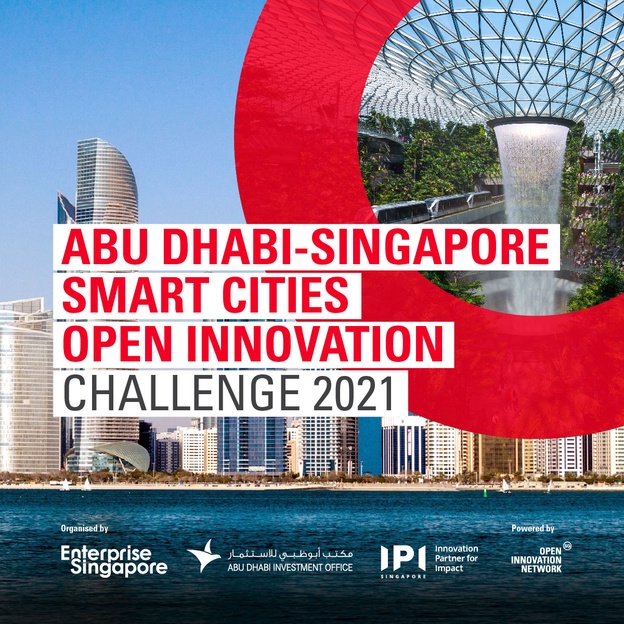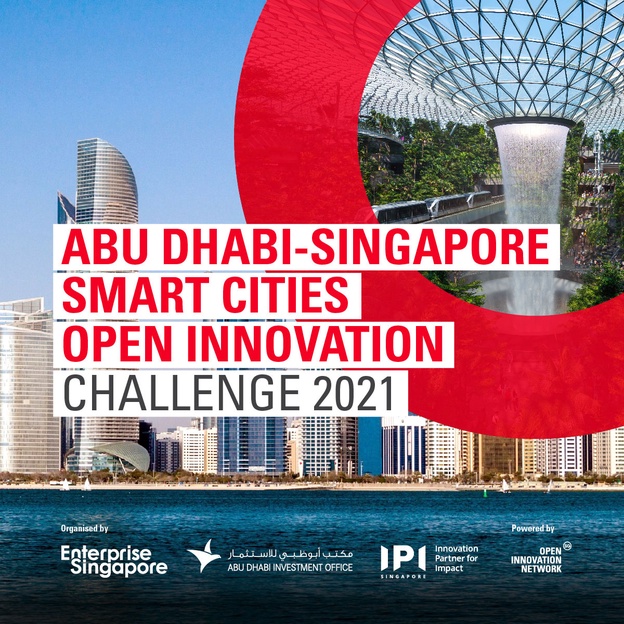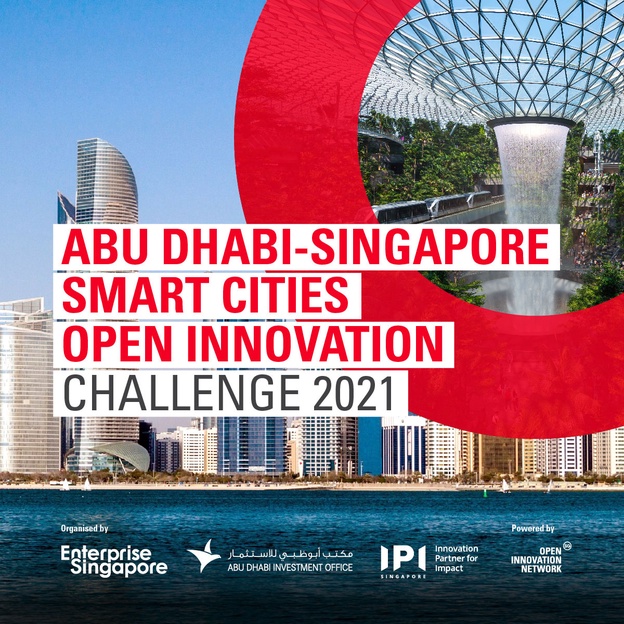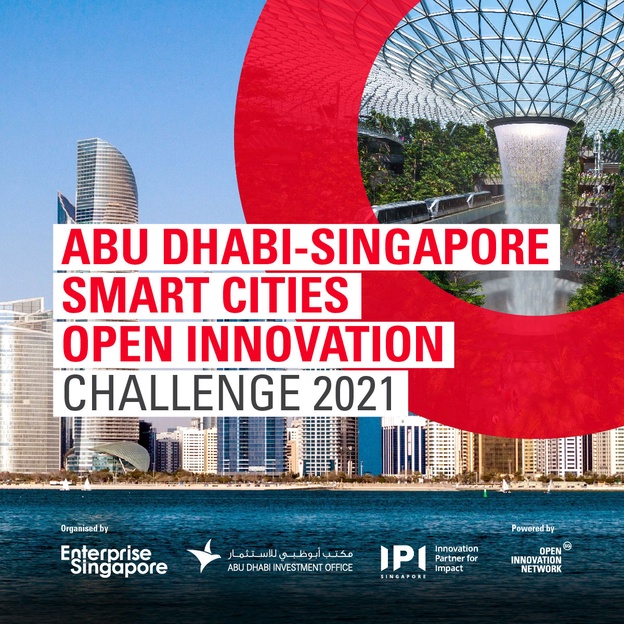LISTADO RETOS EXPIRADOS
XPRIZE – Carbon Removal
Fecha de vencimiento: 26-07-2021
This Challenge is requesting new design solutions for biologically based sensors for use in water systems that can detect the activation of one or more human toxicity pathways. Toxicity pathways are the perturbations to normal biological processes that occur due to exposure to a stressor, such as a chemical, that has the potential to lead to adverse health effects. Although the sensor might not identify a specific contaminant/toxin, it should be able to measure or quantitate the level of activation of one or more toxicity pathways when the sensor is exposed to water that contains relevant amounts of contaminants/toxins targeting the pathway(s). The solution should be less costly, more efficient, and more rapid than current methods for water toxicity analysis. This Theoretical Challenge is Stage 1; there is the potential for Stage 2, which would consist of a Challenge to produce a prototype.
GE – Powering Taiwan’s Growth with innovation
Fecha de vencimiento: 31-08-2021
The recent restart of the Taichung (coal-fired) Power Plant Unit 2 has created some concerns about power shortages and air pollution, along with the best ways to save energy. According to the Taiwan Power Company, Taiwan’s electricity consumption on June 24, 2020 came to 37,169.5 MW, setting a new record. How can the government mobilize its citizens to save electricity and reduce peak loads to achieve the goal of reducing thermal or nuclear power plants? CHALLENGE OPTION 1 Provide innovative ideas to increase electricity supply and decarbonize Taiwan’s power sector CHALLENGE OPTION 2 Present solutions to reduce energy demand/consumption in Taiwan
EPA – Water Toxicity Sensor Challenge
Fecha de vencimiento: 26-07-2021
This Challenge is requesting new design solutions for biologically based sensors for use in water systems that can detect the activation of one or more human toxicity pathways. Toxicity pathways are the perturbations to normal biological processes that occur due to exposure to a stressor, such as a chemical, that has the potential to lead to adverse health effects. Although the sensor might not identify a specific contaminant/toxin, it should be able to measure or quantitate the level of activation of one or more toxicity pathways when the sensor is exposed to water that contains relevant amounts of contaminants/toxins targeting the pathway(s). The solution should be less costly, more efficient, and more rapid than current methods for water toxicity analysis. This Theoretical Challenge is Stage 1; there is the potential for Stage 2, which would consist of a Challenge to produce a prototype.
Abu-Dhabi – Singapore Smart Cities Open Innovation– Seeking New Energy Efficiency and Smart City Solutions for Street Lightning
Fecha de vencimiento: 29-07-2021
ADNOC is seeking innovative energy efficiency solutions for the street lighting systems within Ruwais City. The current street lighting systems are conventional; the lights are turned on in the evening, left on throughout the night and then turned off in the daytime. In addition to energy-efficiency solutions, ADNOC is seeking proposals on how to best leverage street lighting as an extension of Ruwais City’s emerging “Smart City” infrastructure, wherein the streetlamps themselves are the platform upon which smart devices could be connected and/or mounted.
Abu-Dhabi – Singapore Smart Cities Open Innovation– Seeking Real-time Data Collection, Analysis and Notification Solutions for Emergency Response...
Fecha de vencimiento: 29-07-2021
ADNOC is seeking innovative solutions to tap into Ruwais City’s existing real-time data collection tools and leverage findings to improve public services and quality of life for residents. ADNOC is also seeking to use such data to help optimize the workforce demand required for providing related services.
Abu-Dhabi – Singapore Smart Cities Open Innovation– Seeking Solutions to Enhance Comfort and Provide Refuge against Severe Outdoor Climatic...
Fecha de vencimiento: 29-07-2021
This is a call for creative solutions that could provide a space of 2m by 3m space where residents can enjoy the outdoors even during daytime when the temperature is high. The solution should be cost-effective and made of sustainable materials. Both passive and/or active heat management technologies can be deployed.
Abu-Dhabi – Singapore Smart Cities Open Innovation– Seeking Smart Street Lighting Solutions for Public Engagement and Data Capturing
Fecha de vencimiento: 29-07-2021
The challenge brings together the Abu Dhabi City government and leading corporates to collaborate with innovative start-ups and SMEs to drive future smart city development in the Middle East. You are invited to collaborate with Singaporean companies to showcase your innovative smart city solutions. Sustainably powered. Double-sided digital screen (front and back) to display advertisements and generate revenue. The screens should be operated via a control room so that the displays can be broadcast remotely. Smart application mounted on the streetlights to capture data such as: vehicular traffic count, speed and density, roadside parking, human mobility pattern (cyclists and pedestrians) and temperature, wind and humidity.
Johnson & Johnson – Improving Access to Care Challenge
Fecha de vencimiento: 06-08-2021
We invite nurses and nursing students worldwide to bring their experiences, ideas and insights to help create nurse-led solutions, protocols, technologies, devices and/or treatment approaches that can help improve access to care amid the current pandemic environment and beyond, including but not limited to the below focus areas. Incentivo:
OPPO – Tech Innovation Online Roadshow Bridging the World
Fecha de vencimiento: 31-07-2021
OPPO is calling for start-ups around the world that are interested in expanding their business internationally and meeting top investors to join the OPPO 2021 Bridge World Virtual Roadshow! The world's leading smart device innovator -- OPPO is now looking for innovators to build IoT ecosystem in a fully connected intelligent world and to leap into the future! 5 startups from around the world will be selected to present to OPPO executives every month. The winners will enter the OPPO accelerated partnership and/or investment process, and getting access to business opportunities worldwide.
AWS – Public health genomics (Diagnostic Development Initiative)
Fecha de vencimiento: 31-12-2021
The AWS Diagnostic Development Initiative will support projects that are using AWS to support research-oriented workloads across four program areas: early disease detection, diagnostics, prognosis, and public health genomics. Given the need, the emphasis initially will be on COVID-19, but we will also consider applications for other infectious diseases. We will not support administrative workloads to run routine IT operations through this program. Eligible projects can include viral genomes sequencing, viral genomic surveillance, and sequences made available on open data repositories.
